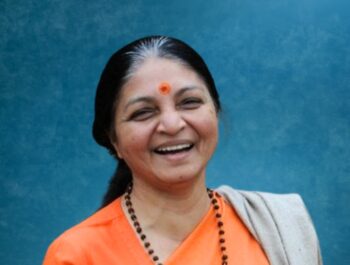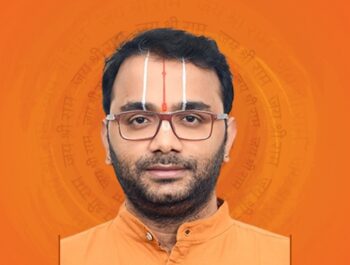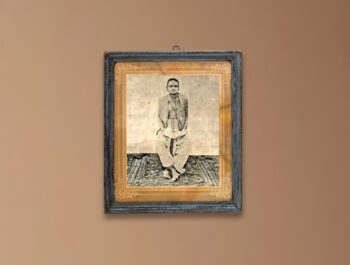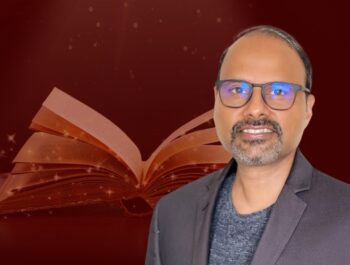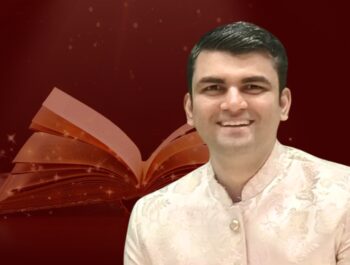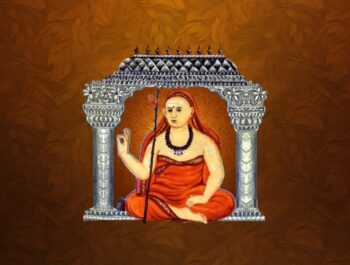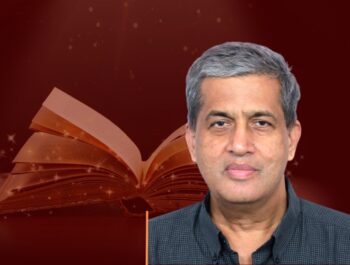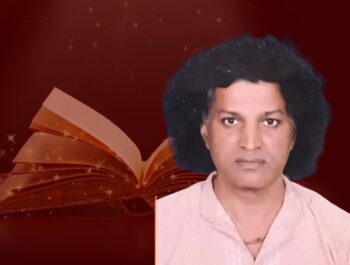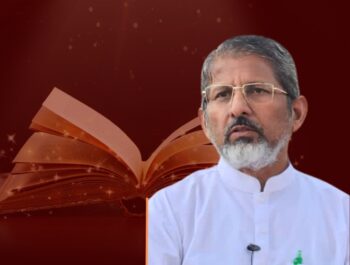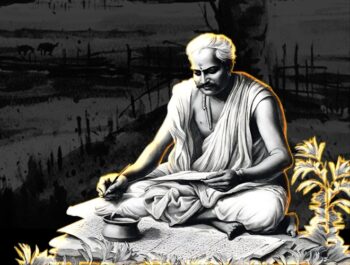2-Day Residential Spiritual Retreat
Meditation Demystified
Meditation is in fashion and many techniques of meditation are availble. Here is a chance to sift the chaff from the grain.
Welcome to the 2-Day Residential Retreat on ‘Meditation Demystified’ by Swamini Vimalananda wherein the participants will be treated to a judicious mix of theory and practice of Vedantic Meditation (nidhidhyasana).
It will prove an eye-opener to the beginner and provide deep insights to the experienced practitioner with guidance on how to overcome pitfalls in the journey within. It will also include group discussion, Q-A session and informal interactions with Swaminiji.
The Details of the Retreat are as follows:
Date & timings: Starts on the evening of Friday, August 09, 2024, 5pm and concludes on Sunday, August 11, 2024, 3pm.
Venue: Ritambhara Retreat, No. 69, BMTC Layout, Adjacent to Kammasandra Village, Lakshmipura Hobli.
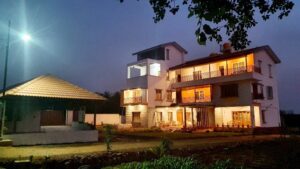
The Retreat, located just on the outskirts of Bangalore city, is a small beautiful space dedicated to Yoga & spiritual studies and practices in a simple and clean environment adjacent to a farm of its own.
Accommodation: Only shared accommodation will be provided
Food: Simple sattvik food with fresh grown vegetables from the farm
Reaching the Retreat Venue: The venue is about 22 kms from Majestic Bus Stand and is accessible through Magadi Road and Tumkur Road preferably through own vehicles. The retreat center is very close to ‘Kamadhenu Kshetra’ – a highly popular Raghavendra Swamy temple in the last few years. It would take about an hour to reach the retreat venue from the heart of the city. Participants have to make their own arrangements. If any assistance is required Indica Moksha Team will help.
Please Note:
-Precaution and care are being taken keeping in mind the pandemic situation and health advisories. The venue is cleaned and sanitized. Sanitizers and other necessary aids and practices are put in place.
-The participants are mandated to fill and submit the registration form.
-All Participants have to reach the venue by Friday noon as the sessions commence from that evening itself.
-No children below the age of 18 are allowed in the retreat.
-Accommodation would be provided on a sharing basis. No individual rooms.
-No outside food is allowed or available.
-After registration payment link will be shared separately.
Retreat Fee: Rs.8000/-
*Avail Early Bird discount offer: Rs.7,000/- for registration before 30th July, 2024. (Limited seats only)
For more details contact us at +91 7760079475 or email: nithin@advaita-academy.org
